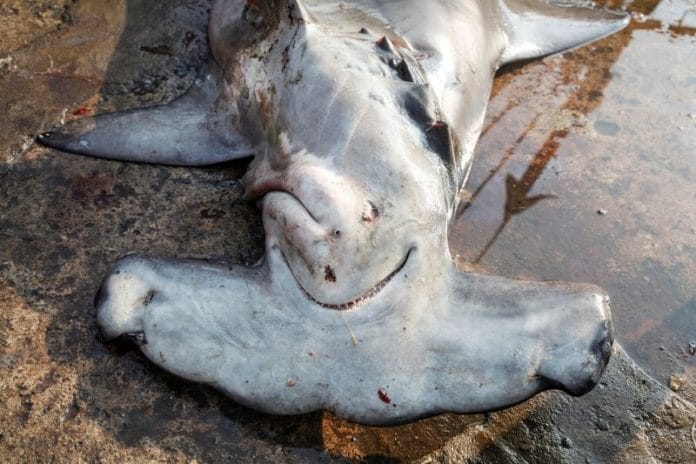VIENNA (Reuters) – Illegal trafficking of plant and animal wildlife remains stubbornly prevalent, according to a U.N. report on Monday, and it is critical governments focus on more than just “iconic” species like elephants, where progress had been made.
While seizures reported in 2020 and 2021 were around half that in previous reports, that could be attributed to COVID-linked disruptions rather than a decline in actual trafficking, the United Nations Office on Drugs and Crime (UNODC) World Wildlife Crime Report said.
The study is published every four years and 2020-2021 were the last years for which data was available.
“Wildlife trafficking overall has not been substantially reduced over two decades,” the UNODC said in a statement on the report, calling for measures including better enforcement and implementation of legislation, including anti-corruption laws.
“Thousands of threatened species are affected by wildlife trafficking, a small minority of which, such as elephants, tigers and rhinoceroses, attract the majority of policy attention,” the report said.
Wildlife crime “such as the illegal collection of succulent plants and rare orchids,” and trafficking of many kinds of reptile, fish, birds and mammals had played a key role in local or global extinctions, it said.
In 2015-2021, seizures of 13 million items showed an illegal trade in around 4,000 plant and animal species across 162 countries and territories, the report said. The most common species involved were corals (16%), crocodilians (9%) and elephants (6%).
A rare bright spot was in efforts to fight trafficking in elephant ivory and rhinoceros horn, the report said, pointing to drops in poaching, seizure levels and market prices over the past decade.
(Reporting by Francois Murphy; Editing by Bernadette Baum)
Disclaimer: This report is auto generated from the Reuters news service. ThePrint holds no responsibilty for its content.






